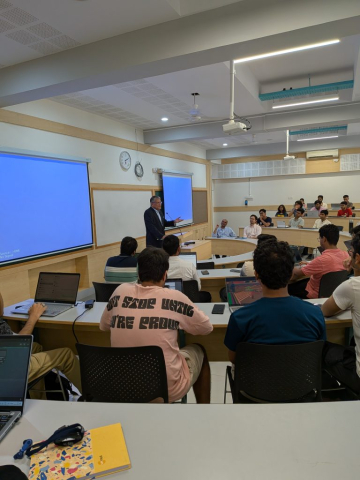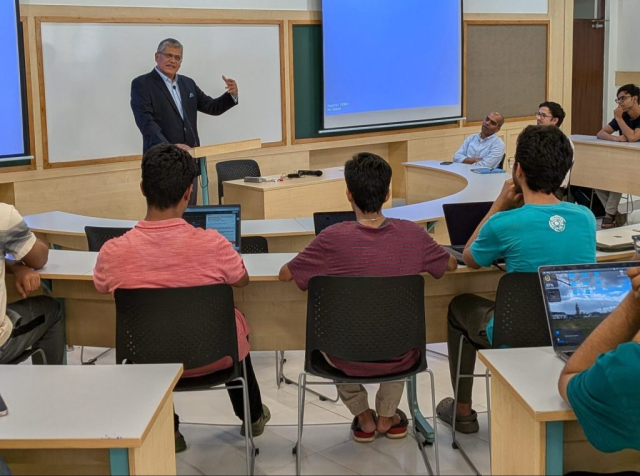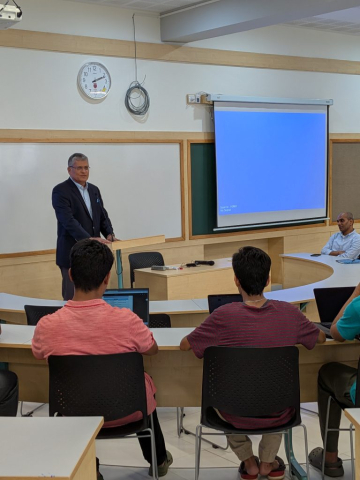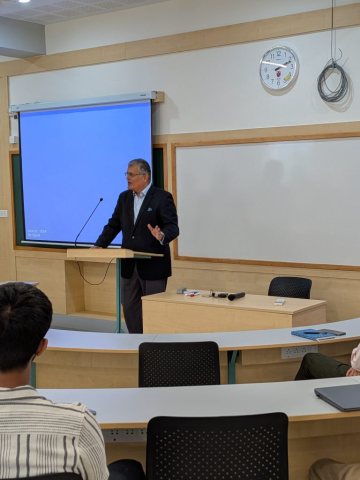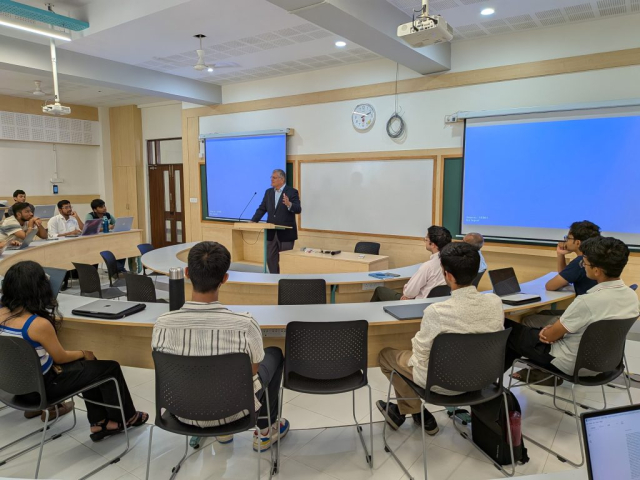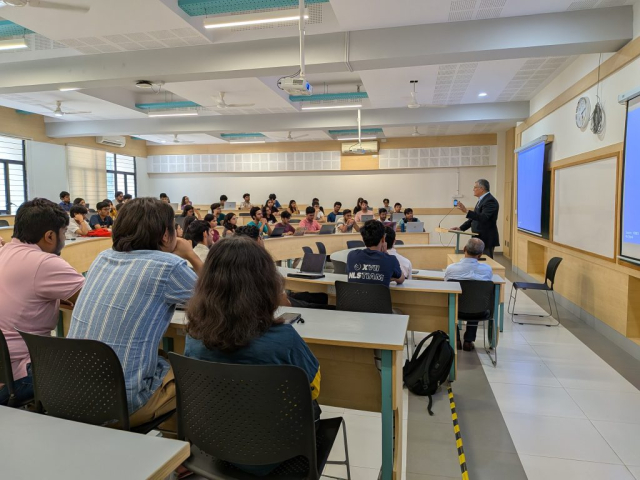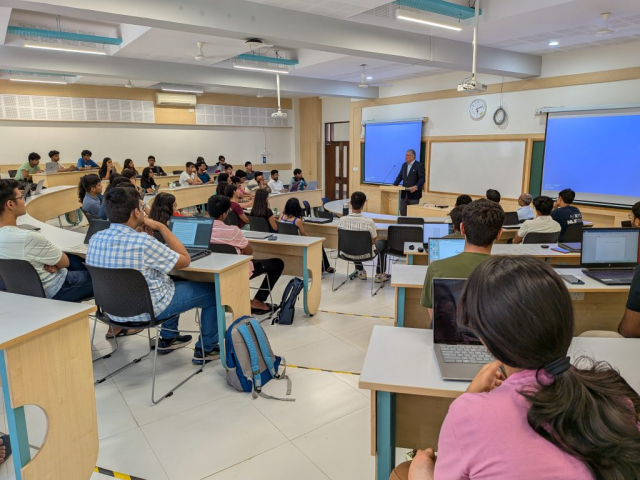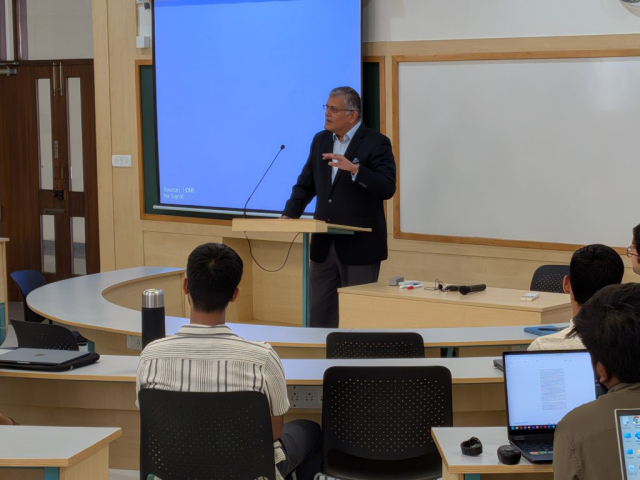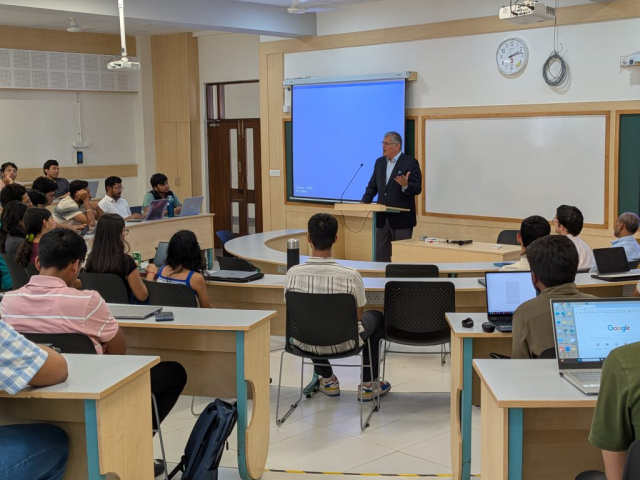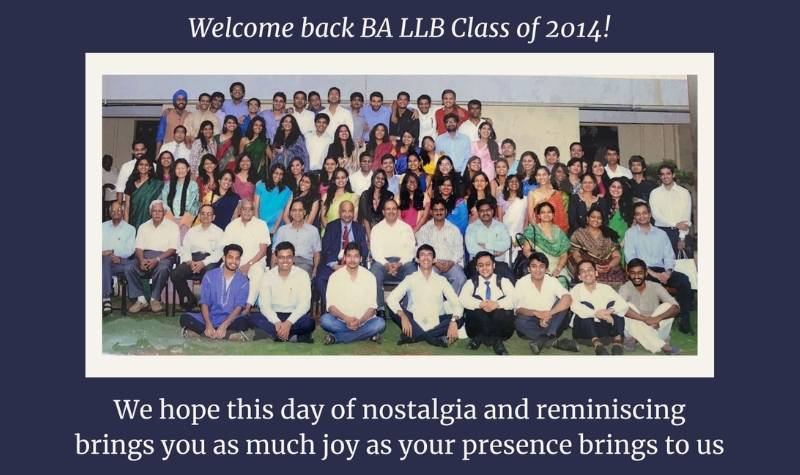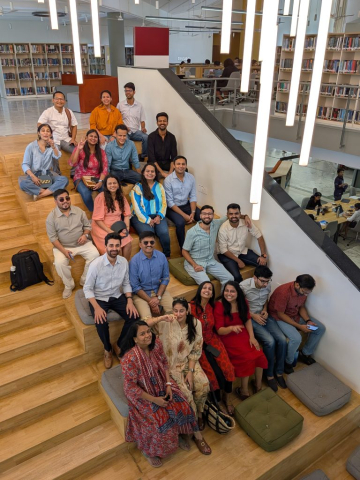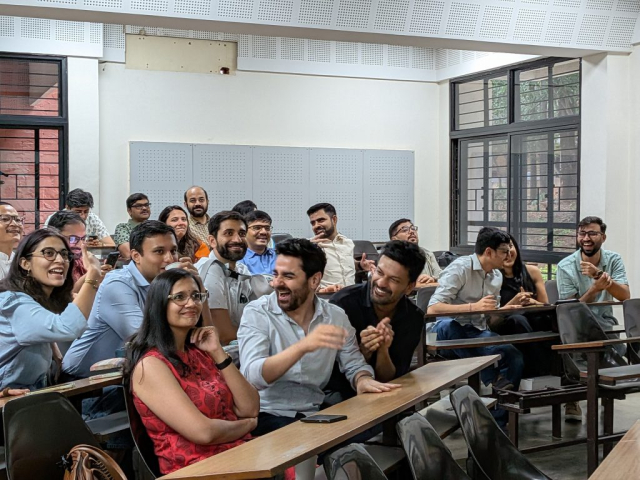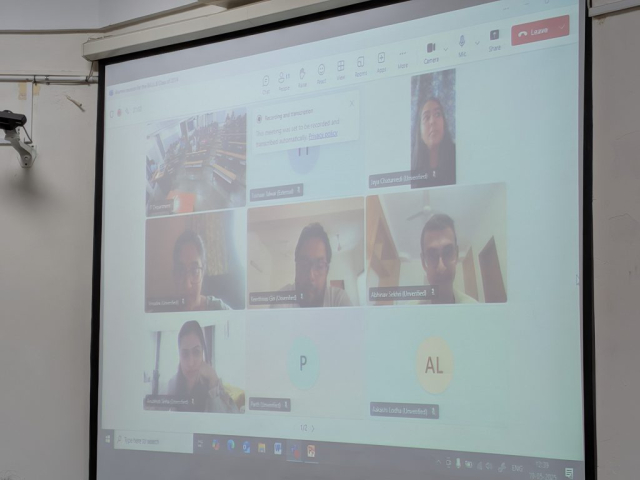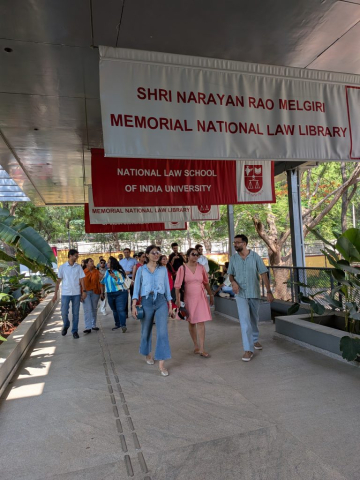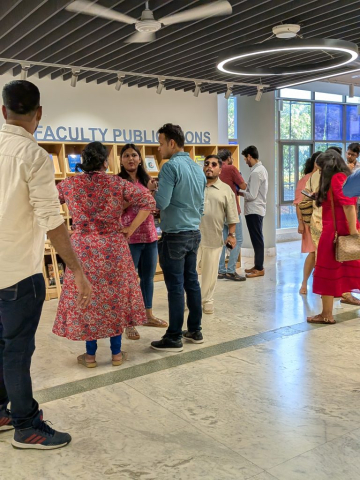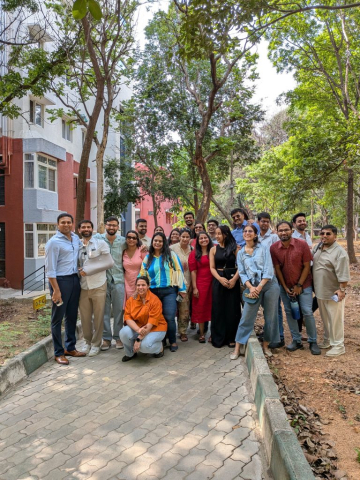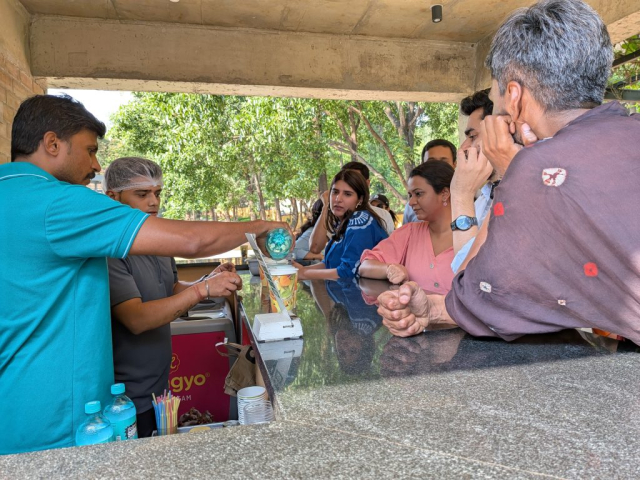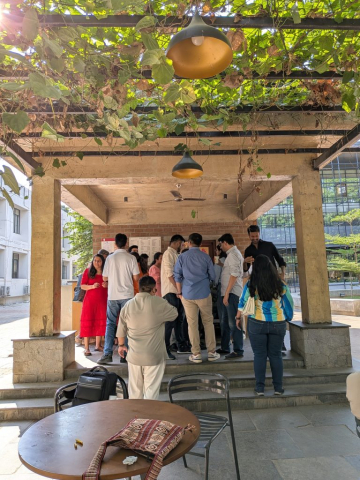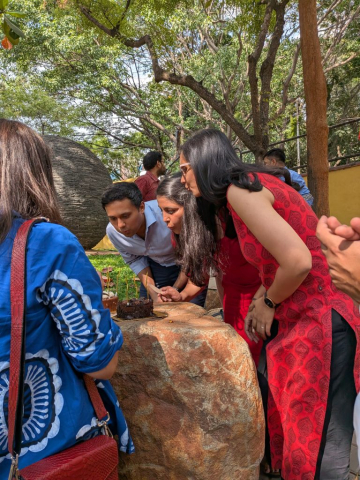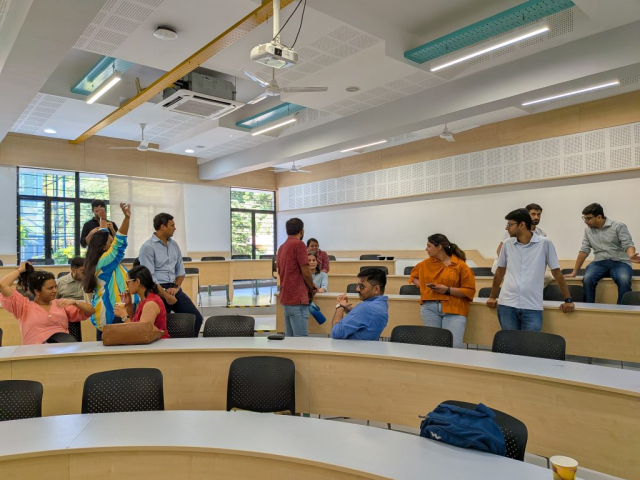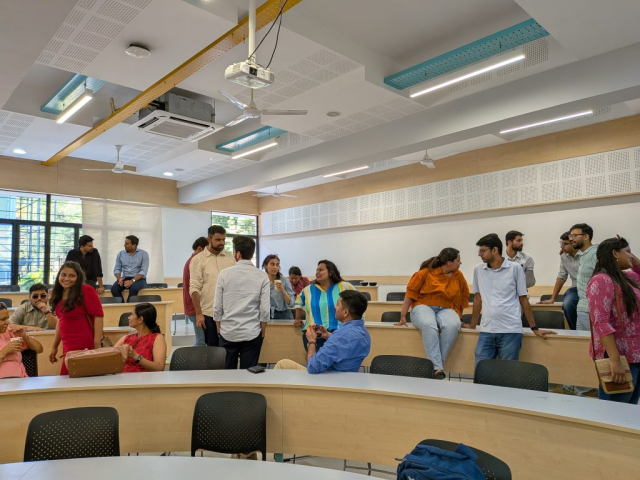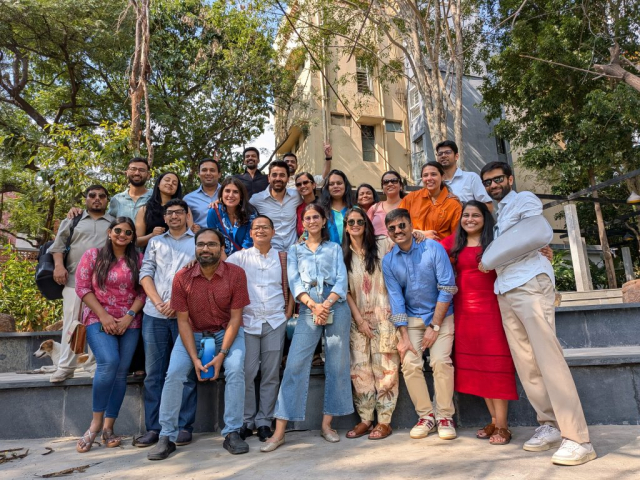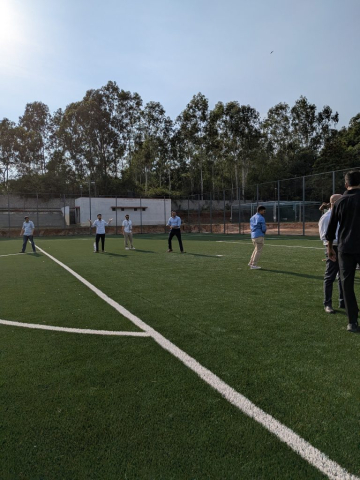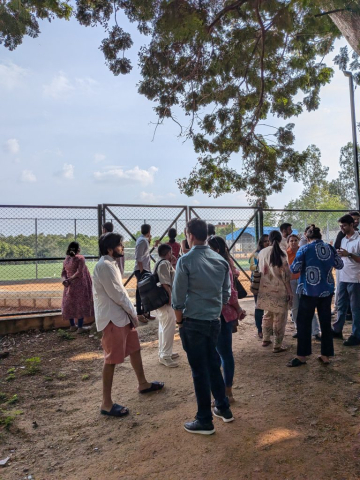The National Law School of India University (NLSIU) invites applications for a full-time Project Assistant to support the ‘Witness Protection Scheme in Karnataka’ project. The position is until December 2025 and will be based in Bengaluru, with travel across Karnataka.
About the Project
Witness testimony is indispensable to India’s criminal-justice process, yet threats and intimidation frequently undermine it. Section 398 of the Bhartiya Nagrik Suraksha Sanhita 2023 (BNSS) now obliges every state to craft its own witness-protection rules. This project will:
- run four stakeholder consultations – three district study visits (Belagavi, Udupi, Mysuru) and one targeted consultation at NLSIU, Bengaluru – engaging police, judiciary, KSLSA, NALSA, NGOs and think-tanks; and
- produce a Stakeholder Analysis & Outcome Document that maps gaps, roles and actionable recommendations for a robust state-level witness-protection framework.
Role description
Responsibilities include:
- Plan, schedule and coordinate the four consultations and related travel/logistics;
- Prepare briefing notes, interview protocols and reading material for each consultation;
- Liaise with stakeholders (police, judiciary, KSLSA, NALSA, NGOs) and maintain accurate contact lists;
- Collect, organise and summarise consultation data; contribute to drafting the Stakeholder Analysis & Outcome Document;
- Maintain monthly progress and expenditure reports; ensure compliance with NLSIU procurement and HSF reporting norms;
- Manage internal approvals, invoicing and reimbursements in a timely manner;
- Support any additional research or administrative tasks required for successful project delivery.
A. Qualifications
Essential
- Graduate degree in law, social sciences, public policy, criminology or allied disciplines
Desirable
- Master’s degree in law, criminal justice, public policy or social sciences
B. Experience
Essential
- Demonstrable interest (academic / professional) in criminal-justice reform or access-to-justice issues
- Working knowledge of Excel and basic budget documentation
Desirable
- Prior experience in field-research or project-coordination roles
- Experience engaging diverse justice-sector stakeholders and producing analytical reports
- Fluency in spoken Kannada
- Ability to travel within Karnataka at short notice
C. Skills & Competencies
- Excellent written and verbal communication skills.
- Strong coordination and time-management abilities.
- Rigorous attention to detail in documentation and budgeting.
- Ability to work independently.
How to apply?
Please submit your application only through the Google Form here, and upload:
- An updated CV.
- A statement of purpose (maximum 500 words).
- Contact details and designations of two referees.
Compensation
Salary will be commensurate with qualifications and experience and will be in the range of Rs. 50,000 – Rs. 60,000 per month.
Deadline
The last date for submission of applications is June 9, 2025 (5 PM IST).

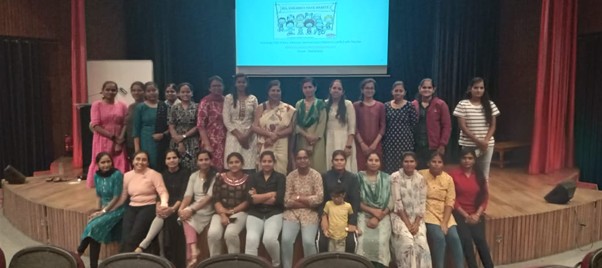 The National Law School of India University, Bengaluru in collaboration with the Bengaluru City Police and the General Thimayya National Academy of Adventure (GETHNAA) (Department of Youth Empowerment and Sports, Government of Karnataka) has successfully concluded the Rani Channamma Training Programme for women police personnel.
The National Law School of India University, Bengaluru in collaboration with the Bengaluru City Police and the General Thimayya National Academy of Adventure (GETHNAA) (Department of Youth Empowerment and Sports, Government of Karnataka) has successfully concluded the Rani Channamma Training Programme for women police personnel.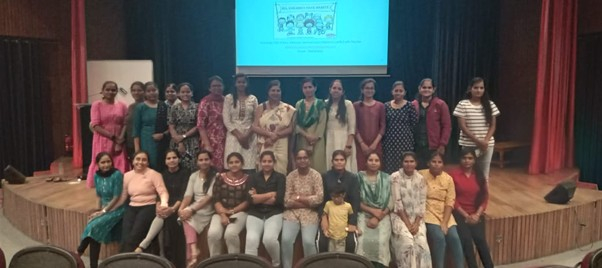
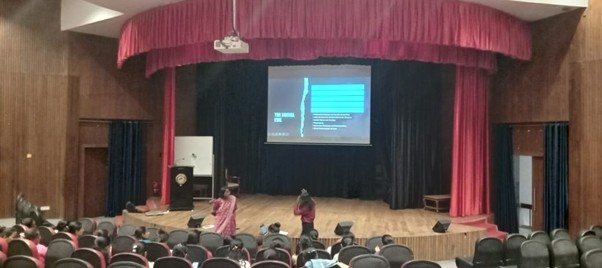
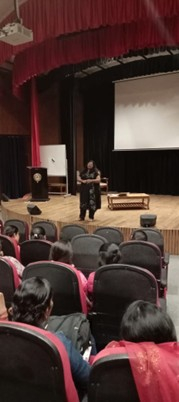
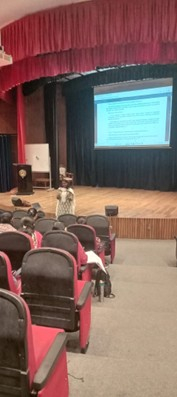
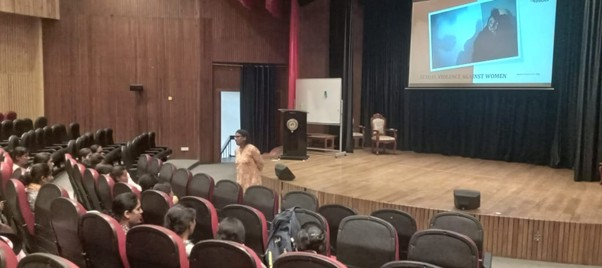
 Siddharth Kumar
Siddharth Kumar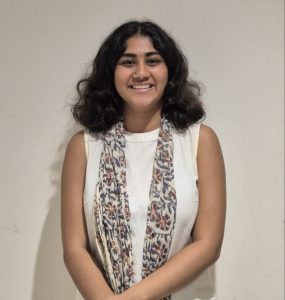 Avni Raonka
Avni Raonka Since its inception in 2019, ‘
Since its inception in 2019, ‘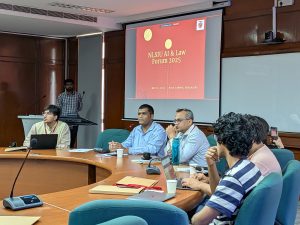 The National Law School of India University, Bengaluru held the first edition of the
The National Law School of India University, Bengaluru held the first edition of the 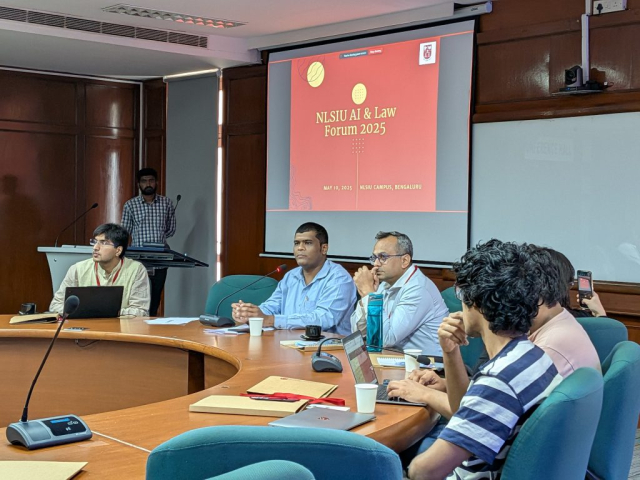
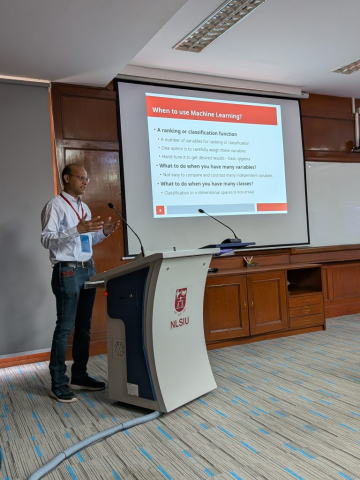
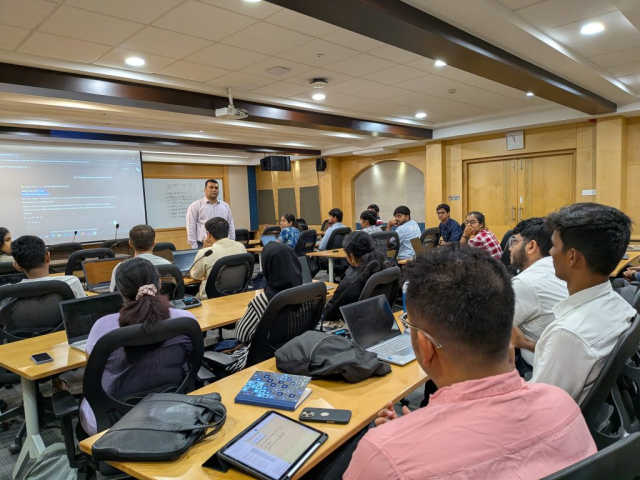
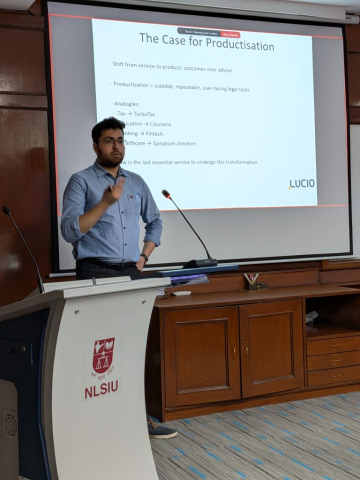
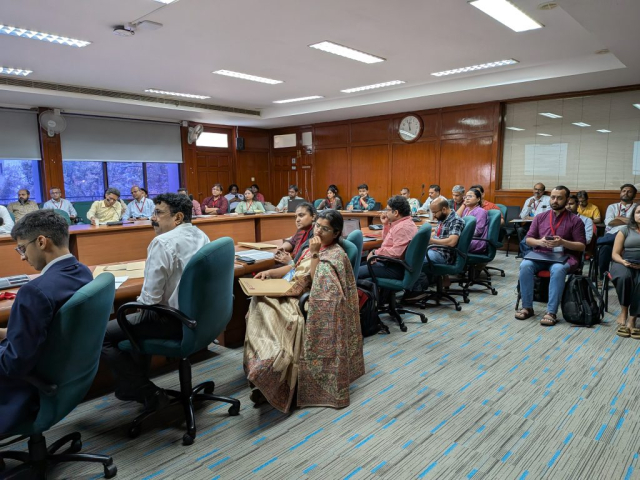
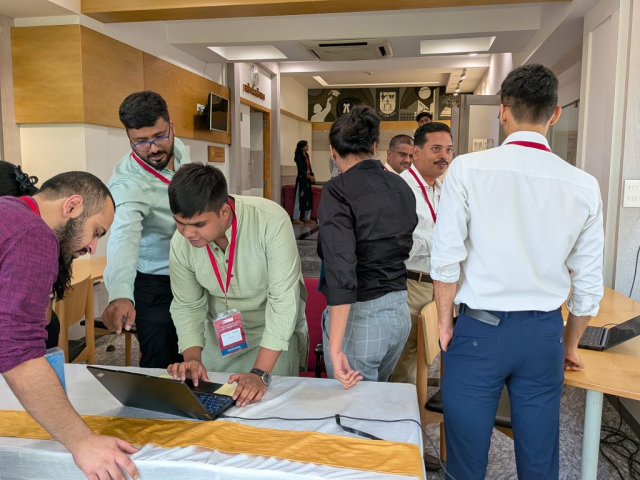
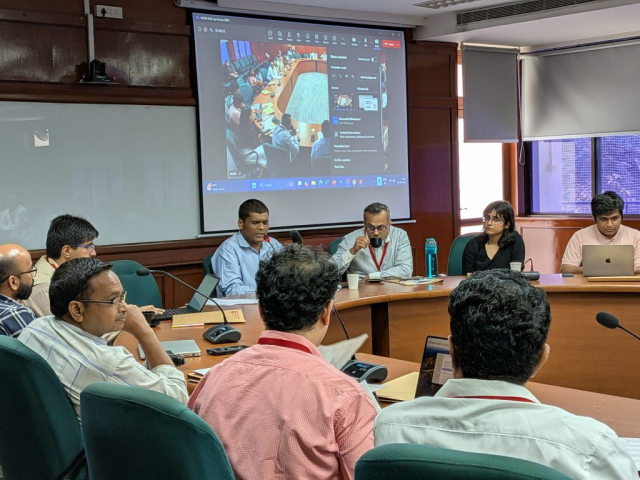
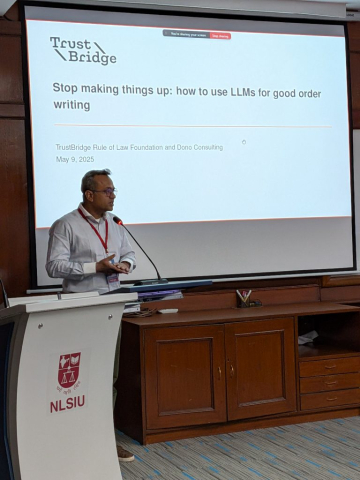
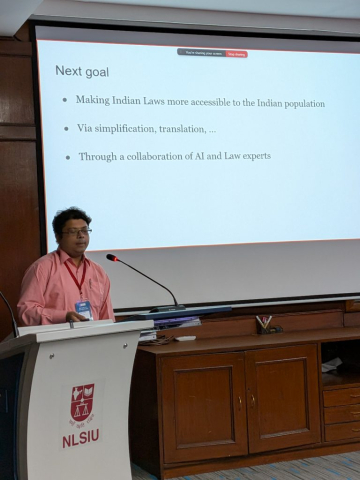
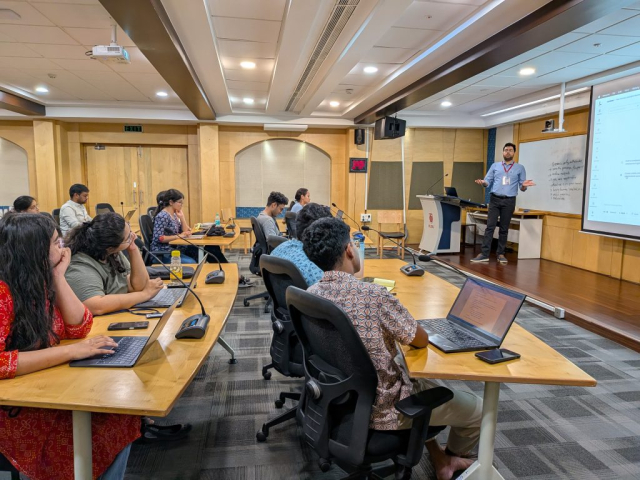
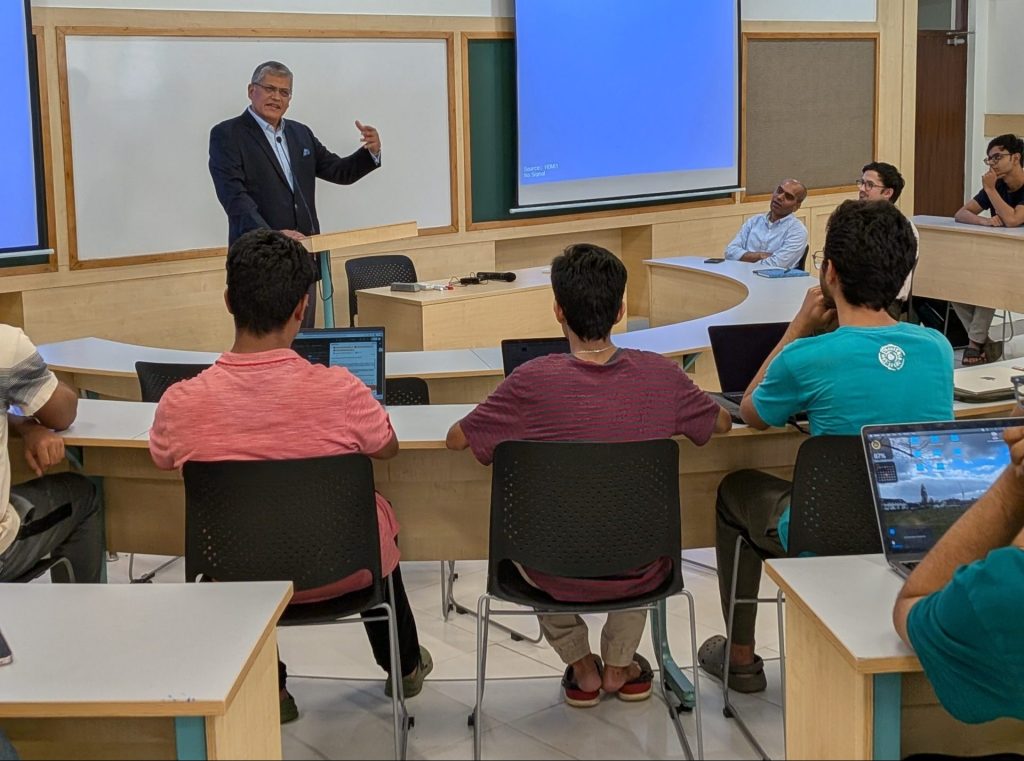 NLSIU hosted a special guest lecture by
NLSIU hosted a special guest lecture by 